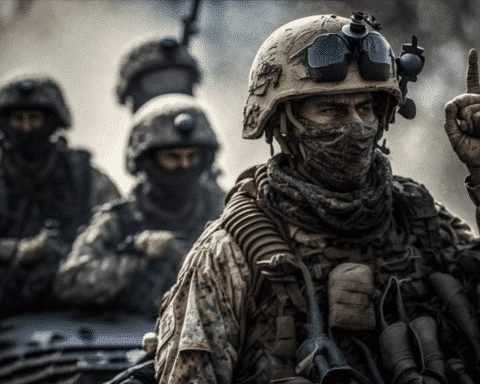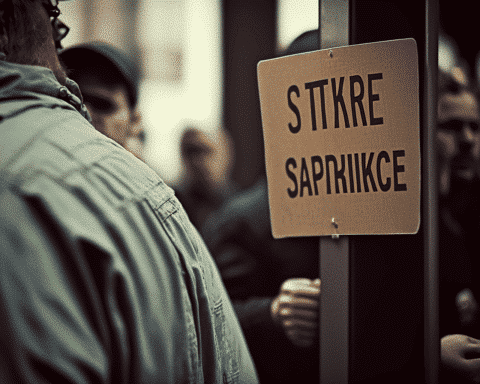In a significant move, Israel’s military has seized control of the Philadelphi Corridor along Gaza’s border with Egypt. This strategic capture aims to cut off smuggling tunnels and further intensify efforts against the militant Hamas group, extending an already protracted conflict into its eighth month.
Israel Seizes Strategic Corridor
Israel announced on Wednesday that it had gained control over a critical section of the Gaza-Egypt border known as the Philadelphi Corridor. This area is notorious for its extensive network of smuggling tunnels used by Hamas to transport weapons and goods into Gaza. Rear Adm. Daniel Hagari, Israel’s chief military spokesperson, emphasized the significance of this action, stating, “The Philadelphi Corridor served as the oxygen line of Hamas through which Hamas carried out weapons smuggling into Gaza regularly.”
Complications with Egypt
The capture of this corridor complicates Israel’s relations with Egypt. Egypt has expressed concerns over Israel’s military advances towards its border, arguing that increased troop presence violates the 1979 peace accord between the two nations. Egypt’s state-run Al-Qahera News TV reported that there were “no communications with the Israeli side” regarding the tunnels found on the border, reflecting the strained relations.
Intensified Conflict in Rafah
Israel’s military has also deepened its incursion into the southern Gaza city of Rafah, deploying additional troops to combat Hamas militants. This city has seen escalating violence, with recent clashes resulting in numerous Palestinian casualties. The Israeli military’s expansion in this area is seen as part of a broader strategy to dismantle Hamas’ operational capabilities.
Tactical Control and Ground Operations
In addition to the corridor, Israeli forces have taken tactical control of Tel al-Sultan, a neighborhood on Rafah’s northwest edge. The incursion is described as a “limited scope and scale operation” aiming to pressure Hamas within the city. White House national security spokesman John Kirby acknowledged that this move aligns with Israel’s plans for Rafah, noting it was part of the “limited” ground operations briefed to President Biden’s team.
Humanitarian Crisis and International Reactions
The ongoing conflict has exacerbated the humanitarian crisis in Gaza, displacing millions and causing widespread hunger. A recent Israeli strike killed two ambulance crew members, highlighting the difficult conditions for medical personnel. The International Court of Justice has called for a halt to Israel’s Rafah offensive, accusing Israel of committing genocide against Palestinians in Gaza, a charge Israel denies.
Prolonged Conflict and Future Outlook
Israel’s national security adviser, Tzachi Hanegbi, has projected that the conflict could continue until the end of the year. “I’m expecting another seven months of fighting,” Hanegbi told Kan public radio, emphasizing the need to dismantle Hamas and Islamic Jihad’s military capabilities. This prolonged conflict raises questions about Gaza’s future and Israel’s role post-war.
As Israel tightens its grip on Gaza’s border with Egypt and deepens its military incursions, the conflict with Hamas shows no signs of abating. The strategic capture of the Philadelphi Corridor marks a significant escalation, impacting relations with Egypt and intensifying the humanitarian crisis in Gaza. The path to peace remains uncertain, with both sides entrenched in their positions.




